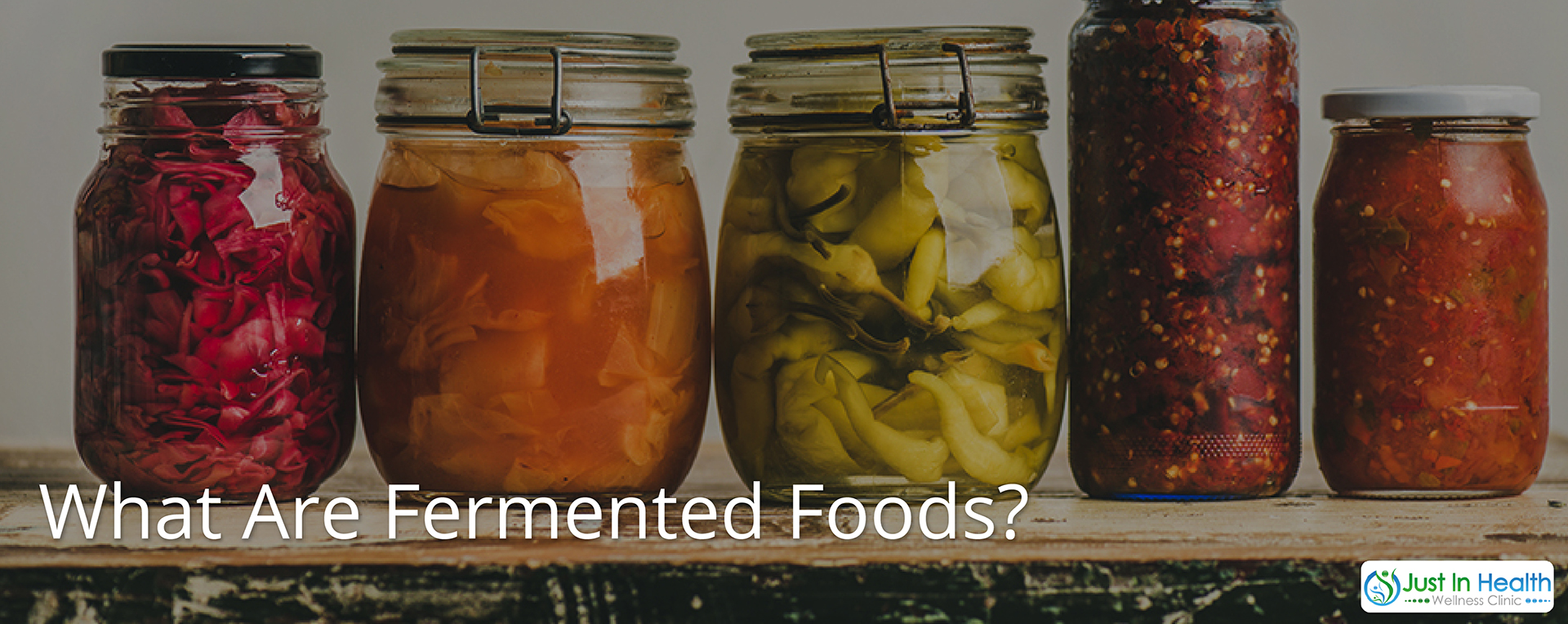Best Fermented Food For Gut Health

Fermented Foods: The Perfect Way to Improve Your Gut Health
When it comes to improving gut health, fermented foods are often the go-to choice. Fermented foods are made by adding beneficial bacteria and yeasts to food, which helps to break down the food and make it more digestible. This process also increases the levels of beneficial bacteria in the gut, which can improve overall health. In this article, we’ll take a look at the best fermented foods for gut health, and how you can incorporate them into your diet.
What Are Fermented Foods?
Fermented foods are foods that have been exposed to certain bacteria or yeasts, which breaks down the food and makes it more digestible. The process also increases the levels of beneficial bacteria in the gut, which can improve overall health. Fermented foods include yogurt, kimchi, kefir, sauerkraut, miso, and kombucha. These foods are full of beneficial bacteria, which can help to boost your digestive health.
Benefits of Fermented Foods
Fermented foods offer a range of health benefits, including improved digestion, better absorption of nutrients, and a stronger immune system. Fermented foods are also a great source of probiotics, which are beneficial bacteria that help to keep the gut healthy. This can help to reduce the risk of digestive issues, such as bloating and constipation. Additionally, some research suggests that probiotics may help to reduce inflammation and improve mood.
Best Fermented Foods for Gut Health
There are many different fermented foods that can be beneficial for gut health. Here are some of the best fermented foods for gut health:
Yogurt
Yogurt is one of the most popular fermented foods, and it’s a great source of beneficial bacteria. It’s also a great source of protein and calcium, which can help to keep your bones strong. Look for yogurt that is labeled “live and active cultures” to ensure that it contains beneficial bacteria.
Kefir
Kefir is a fermented milk drink that is packed with beneficial bacteria. It’s also a great source of calcium and protein, and can be a great way to get your daily dose of probiotics. Look for kefir that is made with organic, grass-fed milk to ensure that you’re getting the most beneficial bacteria.
Kombucha
Kombucha is a fermented tea that is made with a combination of tea, sugar, and bacteria. It’s a great source of beneficial bacteria, and can also help to improve digestion. It’s important to note that kombucha can be high in sugar, so it’s best to limit your intake.
Sauerkraut
Sauerkraut is a type of fermented cabbage that is packed with probiotics. It’s a great source of dietary fiber, and can help to improve digestion. It’s also a great addition to salads and sandwiches.
How to Incorporate Fermented Foods Into Your Diet
Incorporating fermented foods into your diet is easy. Start by adding a serving of yogurt or kefir to your breakfast. You can also add a side of sauerkraut or kimchi to your lunch or dinner. Additionally, you can try adding kombucha to your daily routine. You can drink it plain or add it to smoothies and juices.
Conclusion
Fermented foods are a great way to improve your gut health. They are full of beneficial bacteria, which can help to improve digestion and reduce inflammation. Additionally, fermented foods are a great source of probiotics, which can help to keep your gut healthy. Try adding yogurt, kefir, kombucha, sauerkraut, and kimchi to your diet to reap the benefits of fermented foods.
The Best Fermented Foods For Gut Health & To Boost Digestion

Top 7 Fermented Foods for Gut Health - Illness to Ultra

Top 10 Best Fermented Foods to Heal Your Gut - DrJockers.com

Top 7 Best Fermented Foods for Gut Health - YouTube

Top 10 Best Fermented Foods to Heal Your Gut - DrJockers.com

Fermented Foods: 3 Delicious Recipes to Improve Your Gut Health

Top 7 Fermented Foods for Gut Health | Illness to Ultra | Gut health

Here's Why Fermented Foods Are Important For Gut Health - One Green Planet

9 Fermented Foods for Better Gut Health | Warrior Made

How Fermented Foods Can Heal Your Gut | What Are Fermented Foods?
